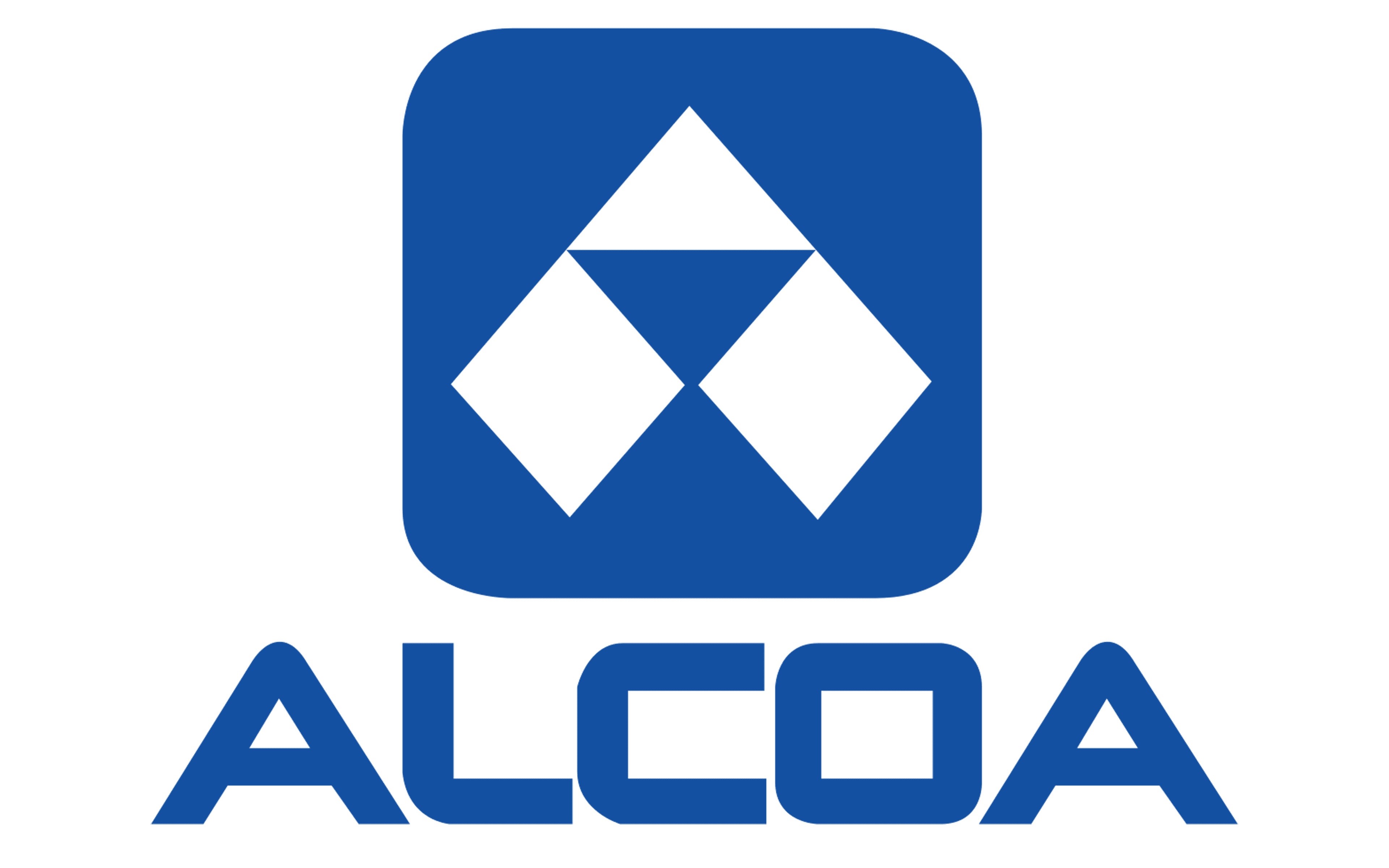

Alcoa is an American industrial corporation and is one of the largest producers of bauxite, alumina, and aluminium products, with a goal of reinventing the aluminium sector for a more sustainable future. On Monday, April 11, Alcoa announced that the Australian governments have contributed $7.7 million to perform experimental trials on a novel carbon reduction technology that will assist Alcoa's Refinery of the Future project.

The Australian Renewable Energy Agency (ARENA) has given Alcoa of Australia $6.4 million (A$8.6 million) and Western Australia's Clean Energy Future Fund $1.3 million (A$1.7 million) to test electric calcination (CEFF).
“We are the lowest carbon intensity alumina producer in the world, and we have a technology roadmap of future-oriented research and development projects with the goal to reduce our footprint even further. With this support from Australian governments, we are working on our vision to reinvent the aluminum industry for a sustainable future, which includes advancing projects of global significance for the aluminum industry and its customers,” said Eugenio Azevedo, Alcoa’s Vice President for Continuous Improvement.
The funds announced on Monday, April 11, are in addition to ARENA's financing support for Mechanical Vapor Recompression (MVR), another technology that would recycle low-pressure steam in alumina refining to create process heat, which was announced in 2021. MVR and electric calcination, when paired with a decarbonized grid, may cut a refinery's carbon emissions by 98 percent and fresh water consumption by up to 70 percent.
Calcination is the final stage of the alumina refining process, and it involves heating alumina hydrate crystals using fossil fuels, mainly natural gas. When driven by renewable energy, electric calcination has the potential to considerably cut carbon emissions. Additionally, electrifying calciners would allow considerable amounts of residual energy, which is now lost to the atmosphere as steam, to be recovered and reused, conserving water and eliminating the need for steam stacks.
While electric calcination as a process is still in its early stages of development, the technologies that support it are well-established. It's one of two R&D initiatives in Alcoa's Refinery of the Future, which aims to achieve decarbonization at scale by providing a cost-competitive refinery that eliminates fossil fuels, reduces freshwater usage, and minimises and eventually eliminates new bauxite residual deposits.
There will be two stages to the electric calcination pilot project. The first stage will last through the end of 2023 and will include technology research, selection, engineering, and testing. The second part of the project will begin in the first quarter of 2024 and last through mid-2026, with thorough design, building, and pilot testing of this developing technology at Alcoa's Pinjarra refinery in Western Australia, if the first stage is completed successfully.
Responses








